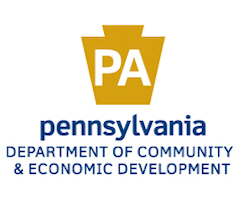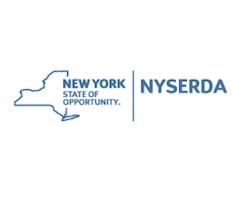Optimal Tuning of Tokamak Plasma Equilibrium Controllers in the Presence of Time Delays
E. Schuster, D. Sondak, R. Arastoo, M. L. Walker and D. A. Humphreys
IEEE Multi-conference on Systems and Control
Saint Petersburg, Russia, July 8-10, 2009
|
Abstract
|

|
When designing the control loops for tokamaks,
it is important to acknowledge the effects of time delays. An
assumption sometimes made for tokamaks having superconducting
coils is that these extra time delays will not have any
undesirable effects on control. In fact, introducing extra delays
into the axisymmetric control loops of certain superconducting
tokamaks can have significant detrimental consequences. Aside
from qualitative observations, the detrimental effects of extra
time delays in tokamak control loops are not always well
understood outside the control community. This study exposes
and quantifies the detrimental effects imposed by time delays in
the control loop in superconducting tokamaks, by focusing on
plasma current control and radial position control in a vertically
stable circular plasma in the KSTAR tokamak. Delays in the
power supplies, data acquisition, and vessel structure are taken
into account. Extremum-seeking-based optimal tuning of PID
controllers is proposed as a possible method for remediating the
negative effects of time delays. The Nyquist dual locus technique
is employed to assess stability of the optimally tuned closed-loop
system in the presence of time delays.








